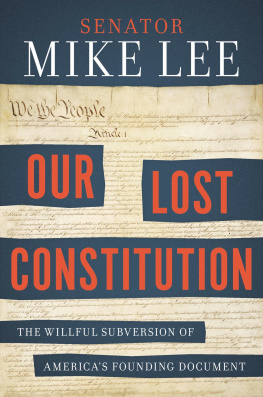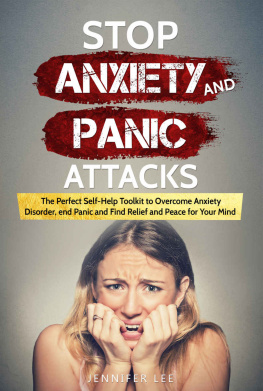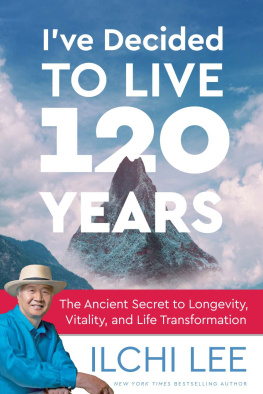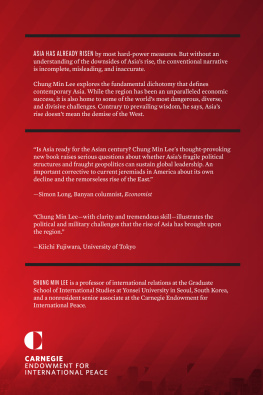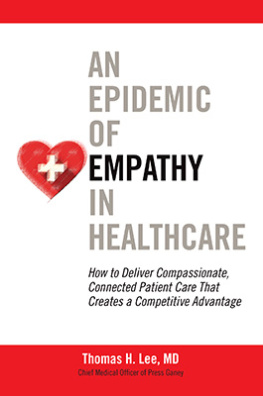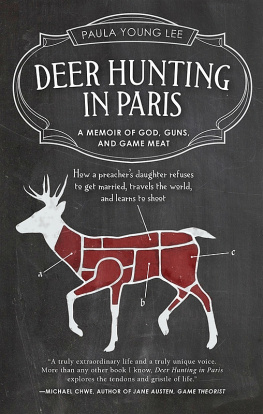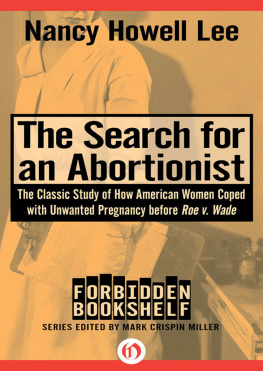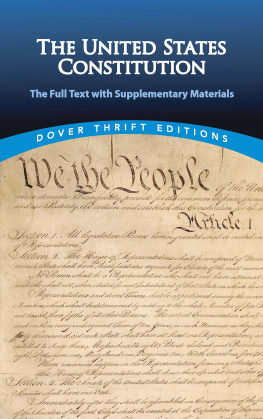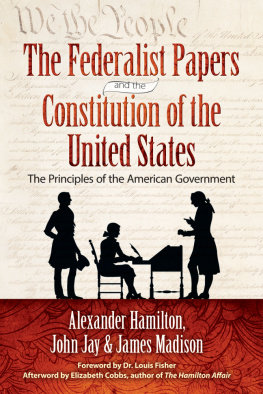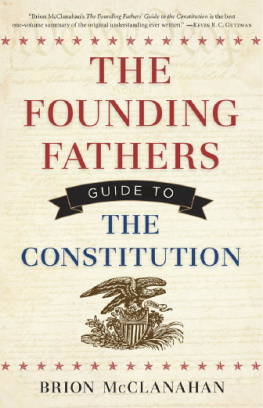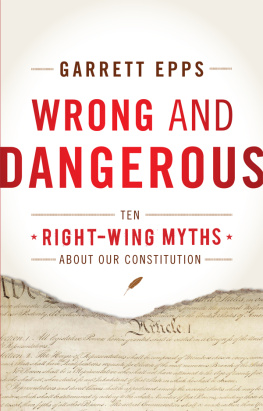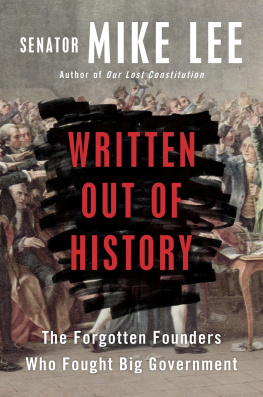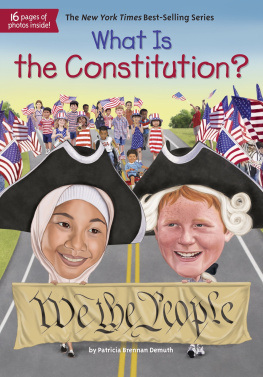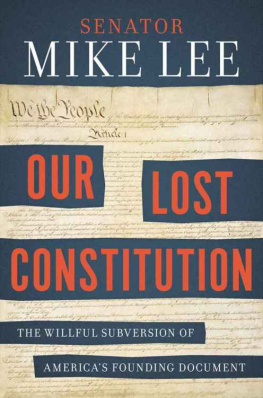I hope this book tells a different story from the one you learned in school, even if (perhaps especially if) your school was a law school. I dont purport to be another Shaara or Crane. But like them, I wanted to give readers some glimpse into what it was like to be there. What was it like to live under King Georges tyranny? What was it like for those who participated in the miracle in Philadelphia and produced our Constitution? If this book succeeds, it will help you feel as if you were right there at the pivotal moments of history, experiencing the rise and the fall of the constitutional provisions that I call the Lost Constitution.
To that end, I have taken some dramatic license on several occasions in telling these historical backstories. In no instance have I knowingly departed from what I have found in the historical record. But I have, for example, imagined what Alexander Hamilton might have said when he confronted a lynch mob at his college. And I have imagined some of what might have transpired behind closed doors at a dinner and special session of the Philadelphia Convention when Ben Franklin proposed the compromise that saved the Constitution.
At the outset of this project, I expected to use far more dramatic license than I have taken. In the course of my research, I was pleasantly surprised to find that the historical record is more dramatic than anything I could have imagined. It is also far more illuminating. As a result, with only a few exceptions, I found myself writing not historical fiction but history.
INTRODUCTION
M Y LOVE FOR THE U.S. CONSTITUTION TOOK ROOT IN MY EARLY years. From the time I was a young child, my parents taught me about the separation of powers, checks and balances, due process, equal protection, and the limited role of our federal government. It never really occurred to me that I was being taught about the Constitution; these were just conversations we had from time to time around the dinner table, in the car, and whenever the subject of government happened to arise. Before long, I learned what it meant to be an appellate lawyer because every time my siblings or I would disagree with our parents decisions about bedtimes or chores or allowances, they would say, Make your case. Youre probably not going to win, but well listen.
When I was about ten years old, I started routinely accompanying my dad whenever he argued cases before the U.S. Supreme Court. As kind and wise a man as Ive ever known, he was the founding dean of BYUs law school, and in 1981 he became the solicitor general of the United States, the federal governments chief advocate before the Supreme Court. Id watch with bated breath as the black-robed justices fired questions at him. He had a way of answering their questions in a manner that was not only responsive but also carefully calculated to advance his case. The verbal jousting I saw between lawyers and justices wasnt quite as raucous as the debates at our dinner table, but after the oral argument ended, my dad would be so excited that he reminded me of a giddy child on a sugar high.
My dad didnt win every argument at the Supreme Court, but he did win most of them. More important, however, he had a near-perfect batting average at home. He could simplify even the most complicated of concepts, and I hung on his every word. I didnt always understand everything he said, but I sure made an effortespecially because he had a way of making almost any subject seem interesting, and he loved it when any of his children showed genuine interest in the Constitution. I still remember how pleased he seemed when, as a fourth grader, I replied to his explanation of Americas long-standing abortion debate by asking, Shouldnt this issue be addressed by the states rather than by the federal courts?
My dad could hardly contain his joy. I was only nine or ten years old.
A year or two later, the same issue arrived at our front doorliterally. It was a cold morning in March. My parents had taken my three younger sisters shopping. My older brother was at a basketball game. The only people in the house were me and my older sister Wendy; and because she was still asleep, I was the only one who saw the most peculiar of vehicles pulling up in front of our house: a huge Greyhound bus.
Ours was a quiet suburban street in McLean, Virginia, many miles from the nearest bus stop. But even more unusual than the bus was the behavior of the dozens of people who poured out of it. I watched with wide-eyed curiosity as they began pacing the sidewalk in front of our house. They seemed to be chanting something, but exactly what I wasnt sure. Determined to figure out what was happening, I went outside, which made it easier for me to see and hear what they were saying. Their chant was simple and consistent with the words written on the signs they were carrying: Keep your laws off our bodies!
Immediately, mischievous thoughts flowed through my eleven-year-old mind. Should I turn on the sprinklers? I wondered. Should I deploy my secret stash of firecrackers? Like the boy in Home Alone, I instinctively felt the need to defend my parents home, and startling these protesters sounded like an awfully fun way to do it.
Fortunately, I was (barely) mature enough to resist my first instincts. If I do that, itll be on the news, I thought. That will end up causing problems for my dad, and I dont want to do that.
Instead, I decided to calmly approach and speak to the strangers who had arrived without invitation or warning on our sidewalk. I found the woman who appeared to be in charge and said, I live in this house. Can you tell me why youre here?
Well, little boy, she said in the most condescending way imaginable, were not here to hurt you. We just really disagree with some of the things that your daddy is doing in his job.

